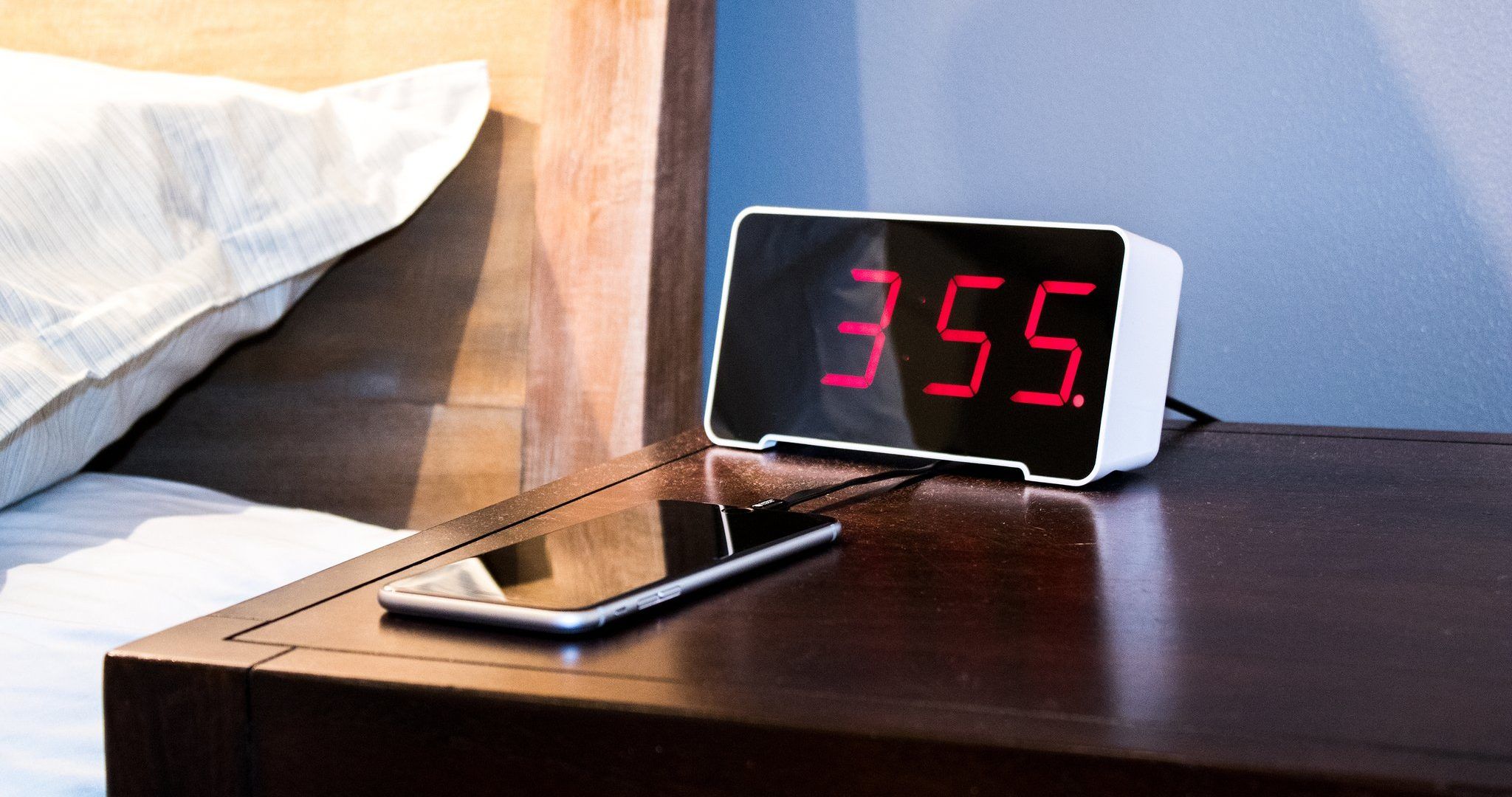
We loved the fact we could play the sound of waves during the sunset too and really felt like we slept a lot deeper and more easily afterwards. A great bedside buy overall. Using this never felt like too much of a harsh wake-up call, although we never failed to wake using just the light anyway, despite the fact it was slightly (pleasantly) softer than some we tested. We also liked the wake-up melodies, especially the bird song. This clock is a particularly good choice if there are two people needing to wake up at different times, as it has two distinct and very useful alarm settings.
#Best alarm full
It has LED mood lighting and can be charged and used wirelessly – though beware that runtime is only around three hours on a full charge, so it won’t get you through the night.
#Best alarm Bluetooth
There’s an FM radio and it also functions as a Bluetooth speaker, which we thought was a nifty touch. It has pretty much everything else you could possibly need next to your bed too. It looks more like a speaker than a clock, with the time on a small screen at the bottom rather than a bigger one in the centre. This Beurer lamp is one of the neatest wake-up alarm clocks we tested. Some of the clocks we tested can even be used during the day to provide an ongoing boost when it’s gloomy outside. Light-up clocks may particularly benefit those who suffer from SAD (Seasonal Affective Disorder) and find mornings especially difficult without natural daylight. The light triggers us to produce serotonin too, which will (hopefully) help us wake up with more energy and in a better mood. This positively affects our circadian rhythms, which control sleeping patterns and are affected by light, so our body wakes up naturally. They work by emitting a natural-looking light (or dawn simulator) that gets brighter over a set period of time. The research revealed it’s far less stressful for the body to wake naturally, which a light-up alarm will enable you to do every morning. One recent study found that being woken suddenly by an alarm and then hitting snooze may be making us chronically tired as this process disrupts our natural sleep cycle.

It could even make a difference to how well you feel for the rest of the day. When the mornings are dark and cold, it’s even worse to be woken with a jolt, making it very tempting to snuggle back down under the duvet or hit that snooze button just one more time.Īlarm clocks that mimic sunrise could be the secret to stirring gently, so your body can acclimatise gradually to waking up.

Prolonged bed rest can lead to issues like blood clots and muscle atrophy.No one likes that awful moment the alarm goes off each morning.

They may make it difficult to sleep and restrict mobility, which can be harmful, especially for patients. While bed alarms can be helpful in certain situations, they can also have drawbacks. What are the disadvantages of bed alarms? It is generally more effective for people who sleep between 6 and 10 hours. However, the effectiveness may vary as individuals have different sleep patterns and circadian rhythms. Vibration alarms can be effective in waking you up, especially if you have had enough sleep. When the alarm goes off, it will shake your entire bed, helping to wake you up. It includes a vibrating mechanism placed under your mattress or pillow. How does a bed shaker alarm clock work?Ī bed shaker alarm clock is different from regular alarm clocks. However, some people may sleep through the vibrations, so it may not work for everyone. Vibrate alarms can be a good option if you share a room or bed with someone who doesn't need to be woken by a noisy alarm clock.


 0 kommentar(er)
0 kommentar(er)
